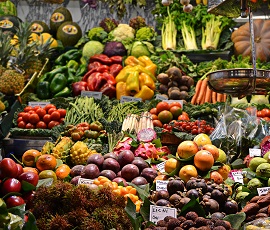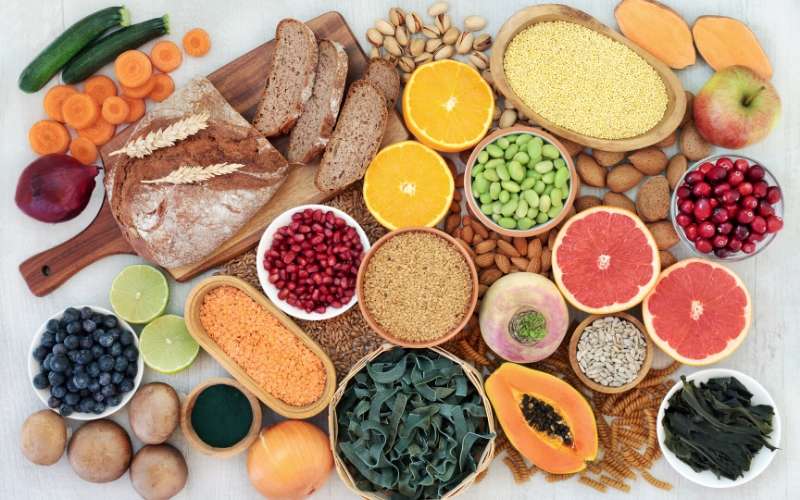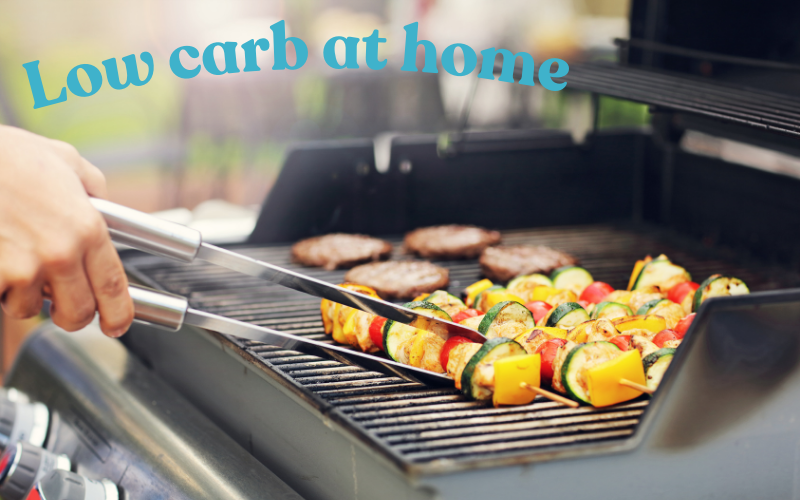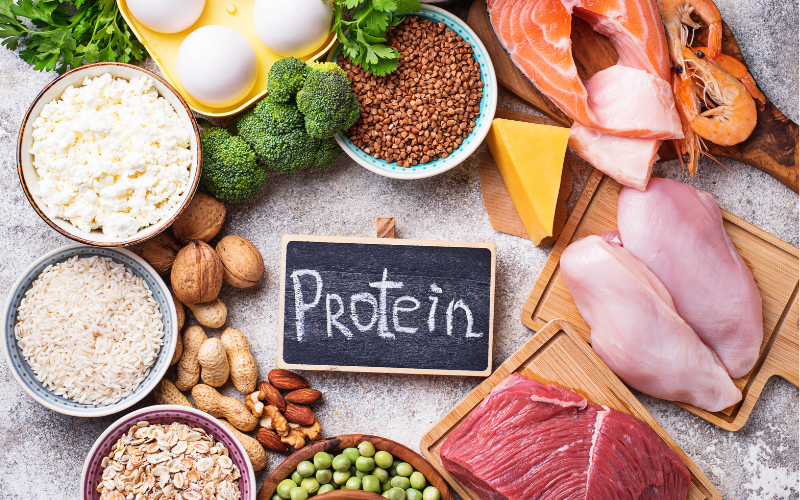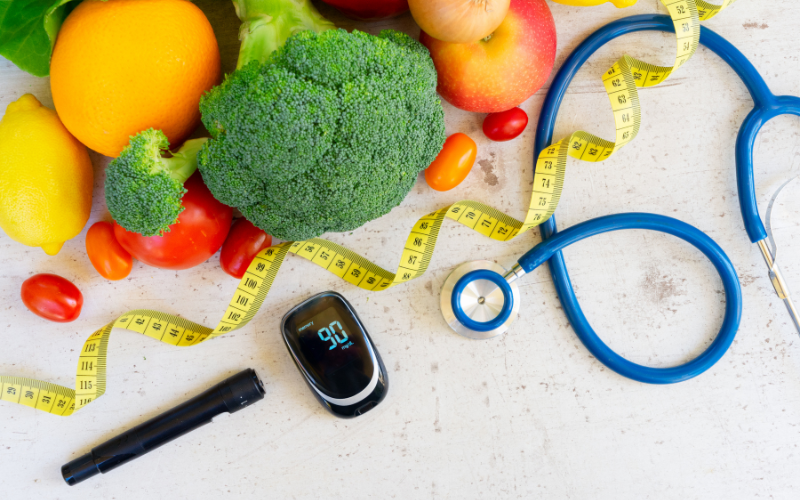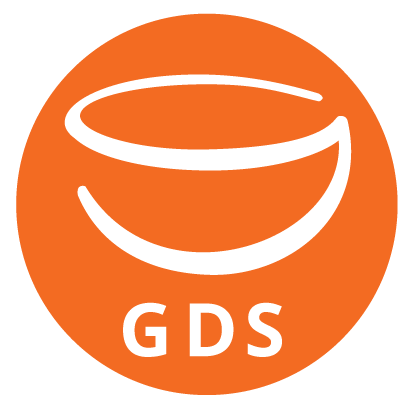Dr. Joanna: Why it’s OK to Be Hungry

I’ve been amazed at how many people over the years have told me they aren’t really ever hungry. But when you think about it, perhaps it’s not so surprising. We have access to food pretty much 24/7 and there is little risk that it is going to run out. This is a relatively new situation for the human race and one that we are not collectively coping with terribly well.
If you never truly feel hungry you are most likely overeating or at the very least you are not responding to your body’s cues to eat, but when society norms tell you to – does 1 o’clock mean lunchtime regardless of how hungry you are? Does 3pm signal a cuppa with a biscuit or some other sweet treat for afternoon tea?
Feeling hungry is a good thing though. In fact, I would even go so far as to say it’s essential for optimal health and wellbeing. Here’s why.
You enjoy food more when you’re hungry
When you’re truly hungry food tastes better and you tend to appreciate it more. True that if you are ravenously hungry it can be hard to slow down and take your time to enjoy it, but with the right level of hunger you get the balance right.
When you eat for hunger, you are more able to tell when to stop eating
If you eat when you are not hungry, how do you know when to stop? If you’re not in tune with your body it all becomes a bit of guessing game and you are much more likely to overeat, stopping eating when full rather than satisfied.
Start becoming aware of this when you eat. When you’re properly hungry, practise eating mindfully, truly enjoying every mouthful and pay attention to when hunger subsides and satiation kicks in. This is often before the plate of food is finished!
Feeling a little hungry can energise you
If you imagine what life must have been like for our hunter-gatherer ancestors, it wouldn’t make sense if the body made them feel lethargic, moody and unable to think clearly or exercise if they were a little hungry! They had to have their wits about them and their energy fired up to go and hunt or gather.
When we’re hungry levels of a hormone called ghrelin rise and this stimulates feelings of hunger, driving us to seek food. Hence it is often called ‘the hunger hormone’. Research in mice has shown that ghrelin may also be involved in our mood. Mice who have had ghrelin suppressed show signs of depression, while those with high levels of ghrelin are more energised, cope better with tasks and are more social with other mice.
While clearly being over-hungry can make us think of nothing but food and be irritable and pretty grumpy, being a little hungry can actually stimulate us and make us feel energised.
Being hungry is good for the gut
It takes food a couple of hours, depending on what you ate and how much, to leave the stomach and then many more hours to pass entirely through the digestive tract. It varies between people, but between 24 and 48 hours is perfectly normal. If you eat therefore every couple of hours all day long, with the only break being for a few hours overnight, you gut is in a constant state of digestion.
That doesn’t mean you need to go more than 24 hours without food. If you have a few hours break then while the lower parts of the gut are still working, the upper section gets a break. Then while the next food load comes through the lower parts get their break.
This allows important processes in the gut to take place, including repair of the gut lining, anti-inflammatory actions and changes thought to be beneficial to the gut microbiota.
In short, it’s a good thing to be in tune with your body’s true signals to eat and when to stop eating. Whether you are following a Dietlicious reduced kilojoule/Calorie plan or the 5:2 plan, embrace feeling a little hunger and learn how to cope, even thrive with it! Distract yourself when you are always hungry with a task, have a cup of tea or coffee, drink a big glass of water or take advantage of the fact that this is a terrific time to exercise!


